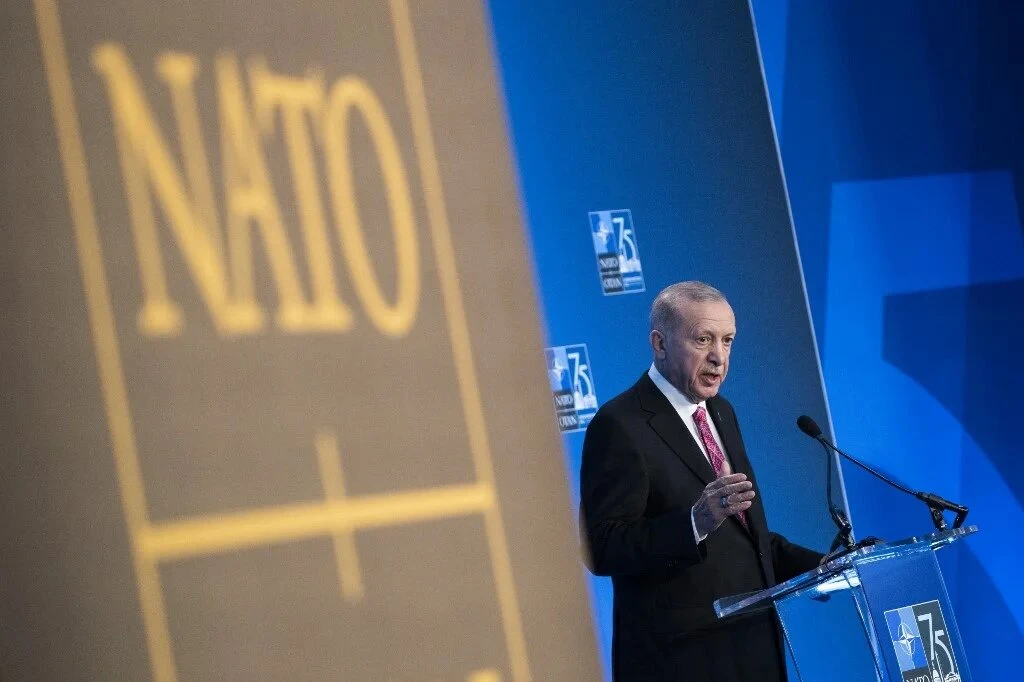Volvo, Tesla prioritize Türkiye amid surge in electric vehicle demand
 This photograph shows a partial view of a Volvo X30 electric car with the company logo at the Volvo factory in Ghent on April 25, 2025. (AFP Photo)
This photograph shows a partial view of a Volvo X30 electric car with the company logo at the Volvo factory in Ghent on April 25, 2025. (AFP Photo)
European factories are increasingly focusing production on Türkiye as strong demand for electric vehicles (EVs), fueled by significant tax incentives, continues to grow.
Volvo and Tesla have both announced production shifts to meet the country’s rising appetite for EVs.
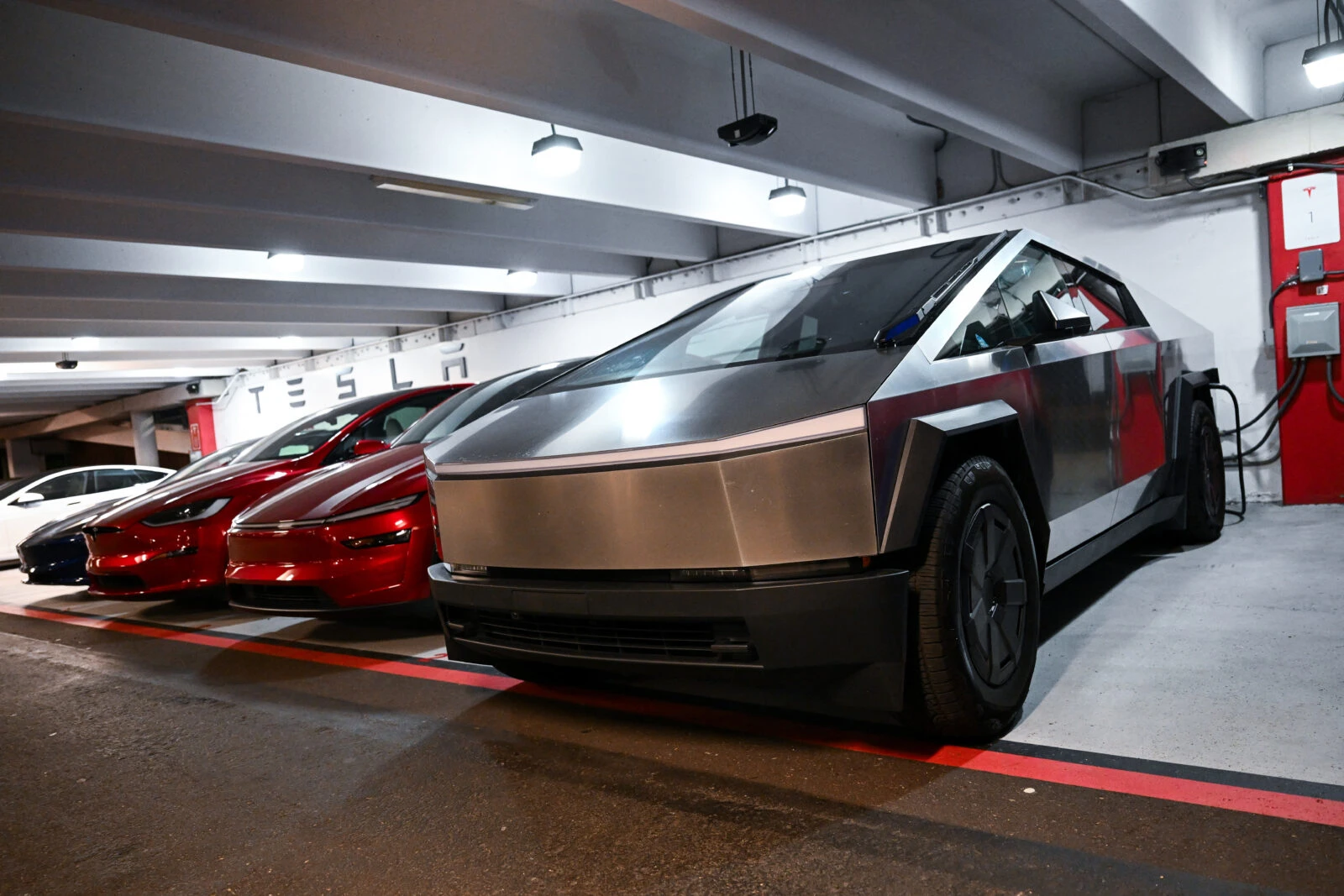
Volvo gives early production priority to Türkiye
Volvo announced that the production of its new EX30 model, which started last week at its factory in Ghent, Belgium, will prioritize deliveries to Türkiye for the first two months.
Alican Emiroglu, General Manager of Volvo Car Türkiye, said, “The launch of the Volvo EX30 production in Europe carries special importance for Türkiye. This model will be offered exclusively in Türkiye with a 150 kW engine option. Most of Ghent’s initial two-month production capacity is allocated to meet our demand.”
Customers in Türkiye can submit orders through Volvo’s website by the end of April, with the official launch expected in mid-June. Deliveries are scheduled to start in July.
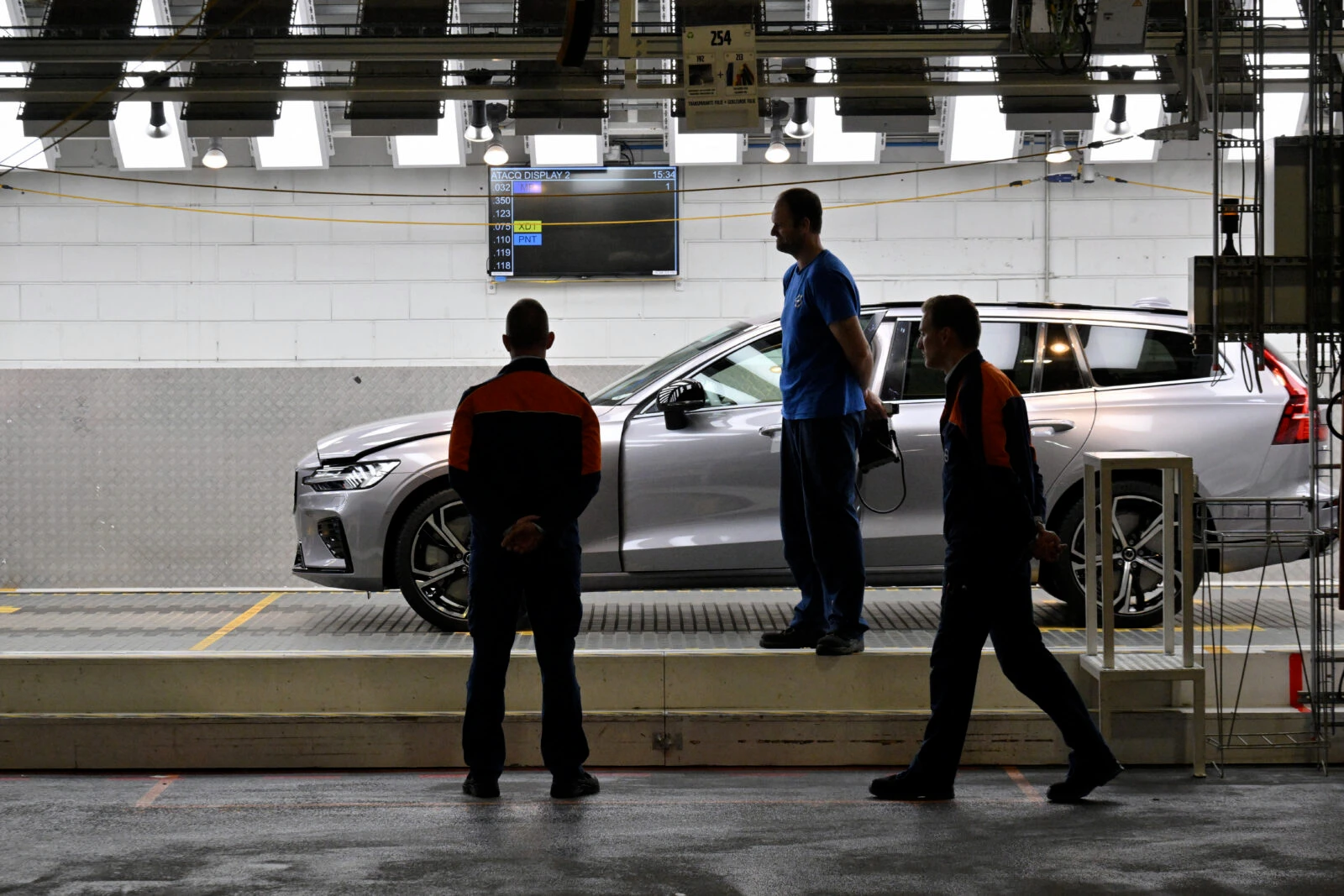
Tesla shifts Berlin production focus to Türkiye
Following a significant sales decline of 37.2% in Europe in the first quarter, Tesla has also turned its attention to Türkiye. Tesla’s Berlin factory will temporarily prioritize Model Y production for the Turkish market.
Tesla Türkiye representatives stated, “Berlin has prioritized Türkiye for the new Model Y SR production. A large number of vehicles were added to inventory today. Barring cancellations, there will be no new bulk listings this week, but a new inventory release is expected next week.”
Last Friday, Tesla opened online orders for the new Model Y in Türkiye and sold out approximately 4,000 units within seconds.
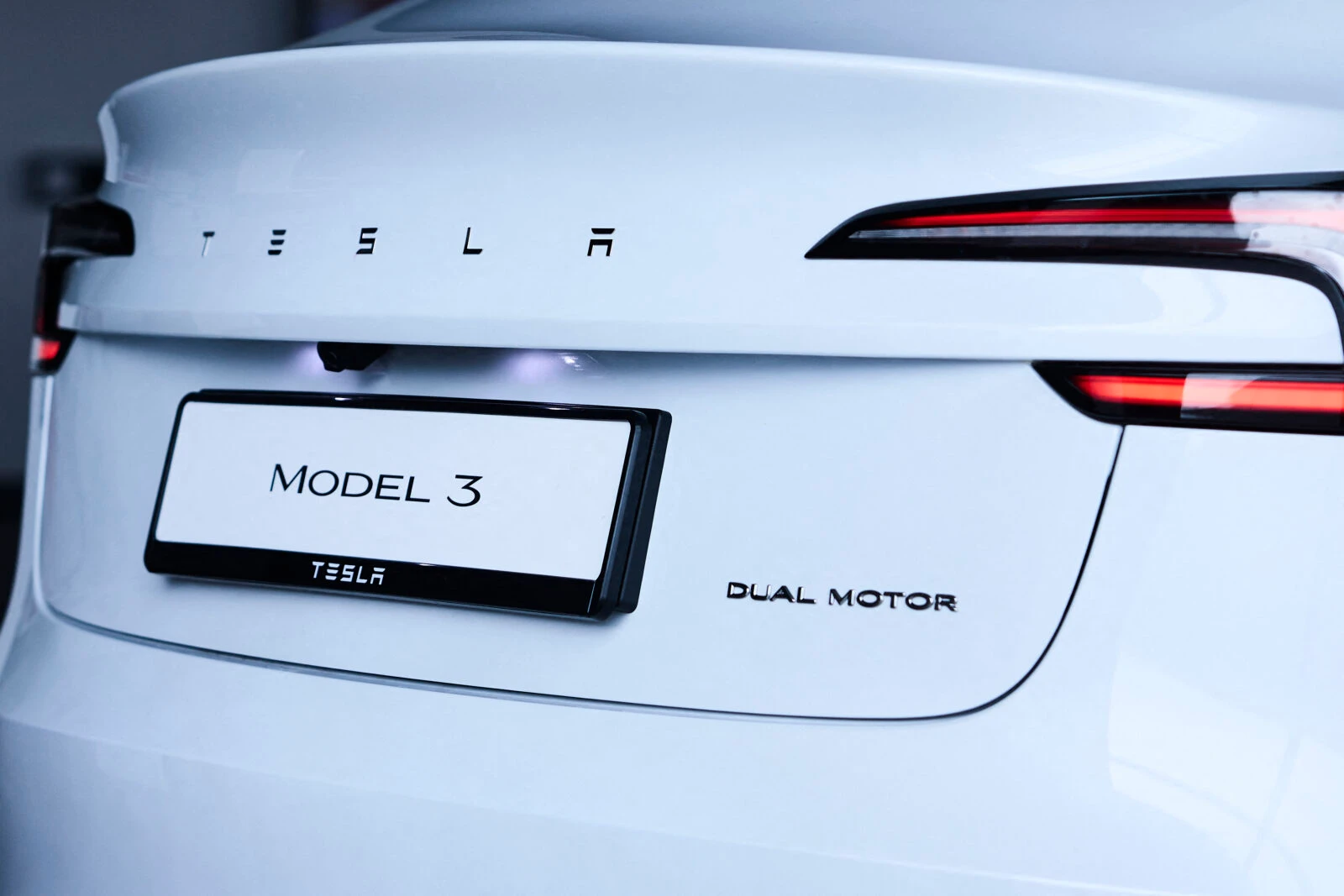
Favorable tax incentives boost EV demand in Türkiye
Türkiye, one of the countries with the highest automotive taxes, offers significant incentives for electric vehicles. EVs with a pre-tax price under ₺1.45 million ($37,709K) and engine power not exceeding 160 kW benefit from a reduced Special Consumption Tax (SCT) rate of 10%.
In contrast, most gasoline, diesel, and hybrid vehicles are subject to an SCT rate of at least 80%. Plug-in hybrid electric vehicles (PHEVs) meeting certain criteria qualify for a 30% SCT rate.
These favorable conditions make Türkiye an attractive market for EV manufacturers, while creating competitive pressure on domestic producers like Renault, Fiat, and Toyota, whose combustion engine models face much higher tax rates.
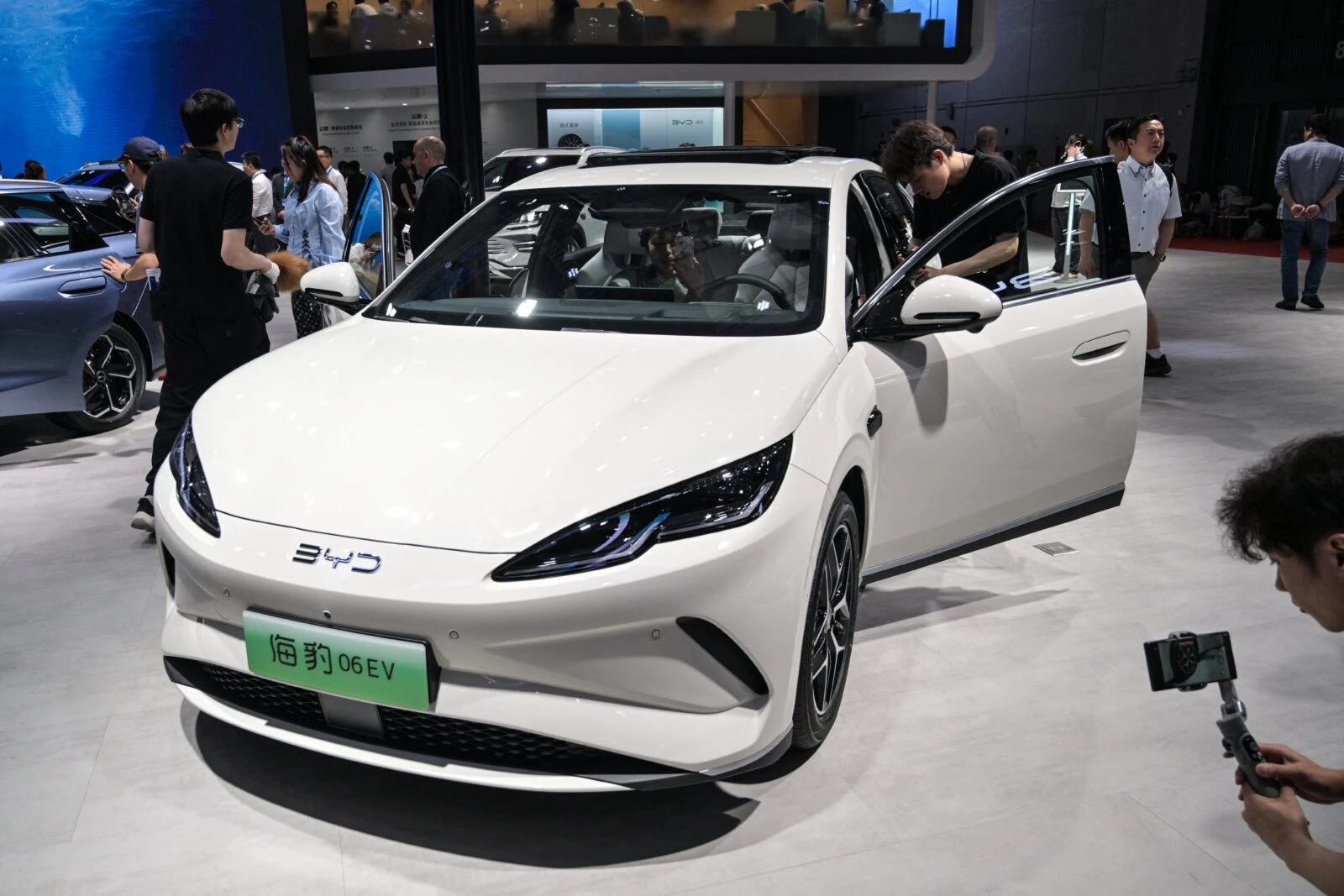
Domestic producers struggle against imported EVs
The discrepancy in tax rates has created a competitive imbalance. While domestic manufacturers face 80% SCT rates on traditional models, imported EVs like Tesla’s Model Y are taxed at only 10%.
For example, the top-trim Renault Clio produced in Bursa is listed at 1.53 million Turkish lira, whereas Tesla’s larger, more technologically advanced Model Y is available at 1.86 million Turkish lira, posing a serious competitive threat.
Local manufacturers are further disadvantaged by the lack of updated base price thresholds for tax brackets, making it increasingly difficult for them to compete with European-made EVs.
